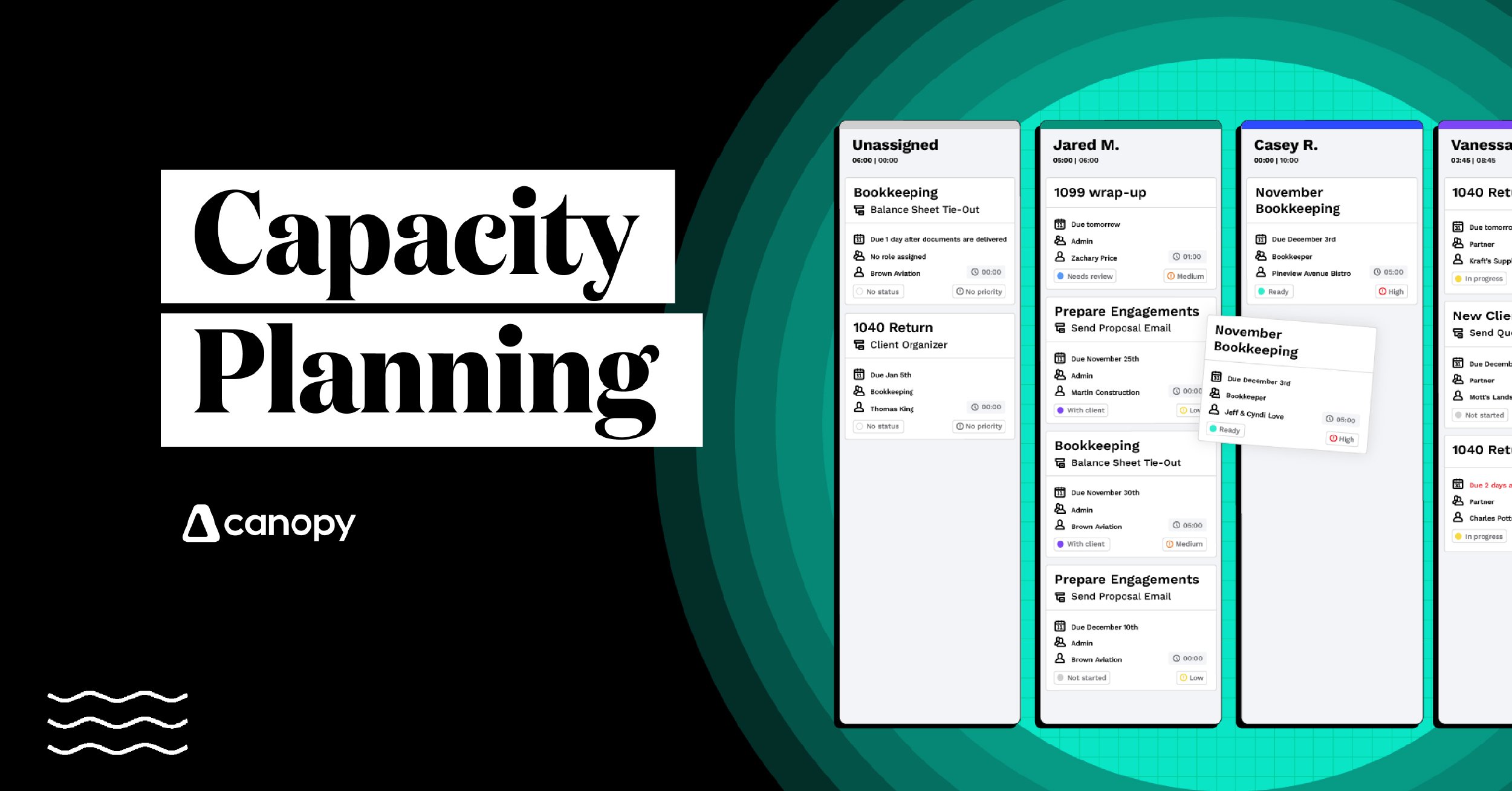Understanding Basic Tip Reporting Requirements
Restaurants must clearly distinguish between “tips” and “service charges” for tax purposes. Tips are voluntary amounts customers leave for employees, while service charges (like automatic gratuities for large parties) are considered business income. For employers, all tips are subject to:
Medicare taxes
Social Security taxes
Federal income tax withholding
Large food and beverage establishments (those with more than 10 employees) must file Form 8027, the Employer’s Annual Information Return of Tip Income. Arizona employers must ensure compliance with both federal requirements and state-specific considerations.
GITCA Tip Rate Program Explained
While originally designed for the gaming industry, the GITCA tip rate methodology has applications for restaurant settings. This voluntary compliance program establishes tip rates based on occupational categories and provides:
Reduced risk of employer-only tax assessments
Limited prior-period audit protection
Streamlined tip reporting procedures
Arizona establishments, particularly those with high cash transaction volumes, can benefit significantly from participation. The program creates a framework for reasonable tip rate determination while simplifying compliance.
Implementing Effective Tip Compliance
Successful tip compliance in Arizona restaurants requires:
Documentation systems – Implement thorough record-keeping processes for all tip income
Staff training – Educate employees on their reporting obligations and your establishment’s procedures
Digital solutions – Utilize POS systems with integrated tip reporting features
Regular reviews – Conduct periodic internal audits to identify discrepancies
Pay particular attention to cash vs. credit card tip ratios, as significant disparities often trigger IRS scrutiny.
Common Tip Reporting Mistakes
Avoid these common pitfalls:
Inconsistencies between reported tips and industry averages
Failing to properly classify service charges
Inadequate documentation of tip-sharing arrangements
Not addressing employee under-reporting issues promptly
Working with Tax Professionals
Given the complexities of tip compliance, consulting with a tax attorney provides valuable protection. Professional guidance can help:
Design compliant tip reporting systems
Navigate voluntary disclosure for past reporting issues
Represent your interests during IRS inquiries
Implement GITCA tip rate agreements correctly
Proactive tip compliance management protects your restaurant from potentially devastating tax assessments while providing employees with properly reported income for their own financial well-being. By understanding GITCA tip rate programs and implementing robust reporting systems, you position your establishment for both regulatory compliance and financial stability.
For personalized guidance on establishing tip compliance programs or addressing existing concerns, consult with a qualified tax attorney who specializes in restaurant industry matters. Taking action today can prevent costly problems tomorrow.
Book a free consultation with a Guardian Tax Professional today to get clear answers to your unique situation.


























